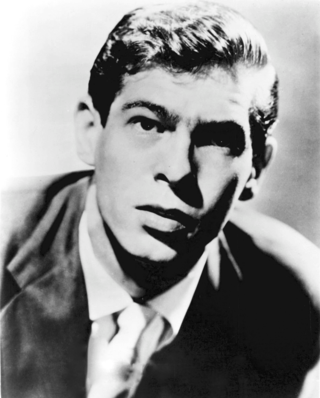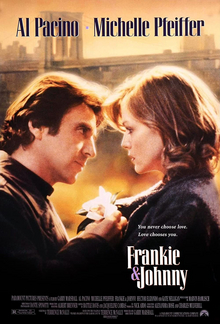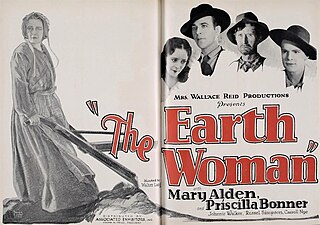Related Research Articles

John Alvin Ray was an American singer, songwriter, and pianist. Highly popular for most of the 1950s, Ray has been cited by critics as a major precursor to what became rock and roll, for his jazz and blues-influenced music, and his animated stage personality. Tony Bennett called Ray the "father of rock and roll", and historians have noted him as a pioneering figure in the development of the genre.

Frankie Laine was an American singer and songwriter whose career spanned nearly 75 years, from his first concerts in 1930 with a marathon dance company to his final performance of "That's My Desire" in 2005. Often billed as "America's Number One Song Stylist", his other nicknames include "Mr. Rhythm", "Old Leather Lungs", and "Mr. Steel Tonsils". His hits included "That's My Desire", "That Lucky Old Sun", "Mule Train", "Jezebel", "High Noon", "I Believe", "Hey Joe!", "The Kid's Last Fight", "Cool Water", "Rawhide", and "You Gave Me a Mountain".

John Morey Downs was an American actor, singer and dancer. He began his career as a child actor, most notably as Johnny in the Our Gang short comedy film series from 1923 to 1926. He remained active in films, television and theatre through the early 1960s.

Pedro de Cordoba was an American actor.

Frankie and Johnny is a 1991 American romantic comedy-drama film directed by Garry Marshall and starring Al Pacino and Michelle Pfeiffer in their first film together since Scarface (1983). Héctor Elizondo, Nathan Lane, and Kate Nelligan appear in supporting roles. The original score was composed by Marvin Hamlisch.

Frankie and Johnny is a 1966 American Western musical film starring Elvis Presley as a riverboat gambler. The role of "Frankie" was played by Donna Douglas from The Beverly Hillbillies TV series. The film reached #40 on the Variety weekly national box office list for 1966. The budget of the film was estimated at $4.5 million. The director was Frederick De Cordova, who in 1970 went on to become the director and producer of The Tonight Show Starring Johnny Carson.

Frankie Darro was an American actor and later in his career a stuntman. He began his career as a child actor in silent films, progressed to lead roles and co-starring roles in adventure, western, dramatic, and comedy films, and later became a character actor and voice-over artist. He is perhaps best known for his role as Lampwick, the unlucky boy who turns into a donkey in Walt Disney's second animated feature, Pinocchio (1940). In early credits, his last name was spelled Darrow.
Johnnie Walker is a brand of whisky produced in Scotland.
"Frankie and Johnny" is a murder ballad, a traditional American popular song. It tells the story of a woman, Frankie, who finds her man Johnny making love to another woman and shoots him dead. Frankie is then arrested; in some versions of the song she is also executed.
"Too Marvelous for Words" is a popular song written in 1937. Johnny Mercer wrote the lyrics for music composed by Richard Whiting. It was introduced by Wini Shaw and Ross Alexander in the 1937 Warner Brothers film Ready, Willing, and Able, as well as used for a production number in a musical revue on Broadway. The song has become a pop and jazz standard and has been recorded by many artists.
"Goody Goody" is a 1936 popular song composed by Matty Malneck, with lyrics by Johnny Mercer. First recording of the song was by Ted Wallace and His Swing Kings [Bluebird, B-6252-B, 1936]. The song is referenced several times in the 1936 Kaufman and Hart play "You Can't Take It With You". Popular recordings in 1936 were by Benny Goodman and his Orchestra, Freddy Martin & His Orchestra, and by Bob Crosby & His Orchestra.
Frankie and Johnny in the Clair de Lune is a two-character play by Terrence McNally that was first performed off-Broadway in 1987.
"(You'd Be So) Easy to Love" is a popular song written by Cole Porter for William Gaxton to sing in the 1934 Broadway show Anything Goes. However Gaxton was unhappy about its wide vocal range and it was cut from the musical. Porter re-wrote it for the 1936 film Born to Dance, where it was introduced by Eleanor Powell, James Stewart, and Frances Langford under its alternate title, "Easy to Love". The song was later added to the 1987 and 2011 revivals of Anything Goes under the complete title "You’d Be So Easy to Love".

The Navy Way is a 1944 American war film directed by William Berke concentrating on US Navy recruit training with many sequences filmed at the Great Lakes Naval Training Center. The film had its premiere at the Genesee Theatre in nearby Waukegan, Illinois.
Johnnie Keyes was an American pornographic film actor.
Frank Sardo Avianca, who performed as Frankie Sardo, was an American rock and roll singer, actor and film producer.

Her Man is a 1930 American pre-Code drama film produced and distributed by Pathé Exchange, directed by Tay Garnett and starring Phillips Holmes, Helen Twelvetrees and Marjorie Rambeau. The film is inspired by the ballad Frankie and Johnny. The picture's supporting cast features James Gleason, Ricardo Cortez, Thelma Todd and Franklin Pangborn.
Frankie and Johnny is a 1928 debut play written by Jack Kirkland. The play was turned into a 1936 film of the same name.

The Earth Woman is a 1926 American silent drama film directed by Walter Lang.
References
- 1 2 3 4 "Frankie and Johnnie Credits". Movies & TV Dept. The New York Times . Baseline & All Movie Guide. 2014. Archived from the original on 2014-11-29.
- 1 2 3 4 F.S.N. (May 25, 1936). "Frankie and Johnnie (1936) Frankie and Johnnie' at Globe". The New York Times .